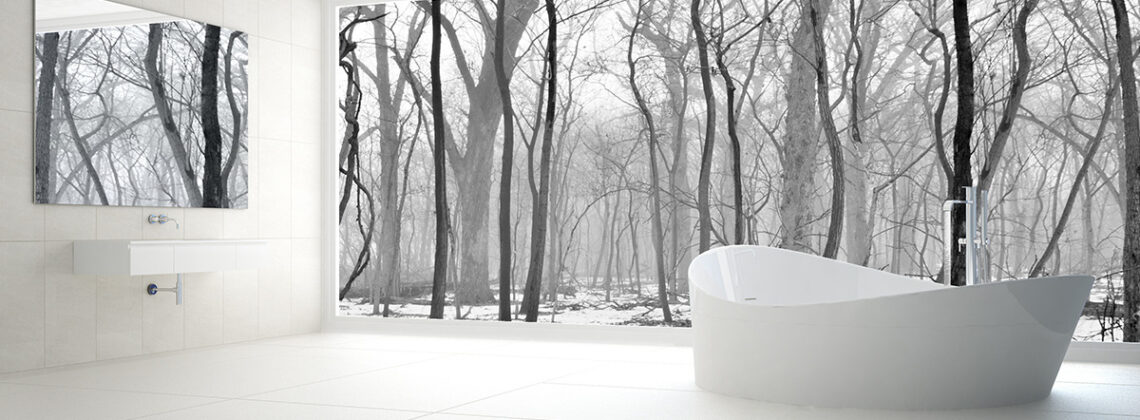
by homewarranty.com
Here’s how to maintain your home’s plumbing this winter and keep it in good shape during the cold months.
Insulate Pipes:
Ensure that exposed pipes in unheated areas like basements, crawlspaces, and attics are properly insulated. Use pipe insulation or heating tape to prevent freezing.
Seal Leaks:
Seal any gaps or cracks in your home’s walls and foundation to prevent cold air from entering and freezing your pipes.
Disconnect and Drain Outdoor Hoses:
Before the first frost, disconnect and drain garden hoses. Store them indoors to prevent damage. Also, consider installing frost-free hose bibs.
Insulate Outdoor Faucets:
Wrap outdoor faucets and spigots with insulated covers to protect them from freezing temperatures.
Keep a Drip:
On especially cold nights, allow faucets that are connected to vulnerable pipes (usually those along exterior walls) to drip slowly. This can help prevent freezing.
Maintain a Consistent Temperature:
Keep your thermostat set to a consistent temperature day and night, even when you’re away. This helps prevent drastic temperature drops that can lead to frozen pipes.
Service Your Water Heater:
Have your water heater serviced regularly to ensure it’s functioning efficiently during the colder months.
Know the Location of Your Main Water Shut-Off Valve:
Familiarize yourself with the location of your home’s main water shut-off valve. In case of a burst pipe, you can quickly turn off the water to prevent extensive damage.
Install a Sump Pump:
If your home is prone to basement flooding due to melting snow or ice, consider installing a sump pump to remove excess water.
Schedule a Plumbing Inspection:
Before winter arrives, consider having a professional plumber inspect your plumbing system. They can identify any potential issues and provide recommendations for prevention.
Prepare for Travel:
If you plan to be away from home during the winter, keep your thermostat set to a minimum temperature to prevent freezing, and ask a trusted neighbor or friend to check on your home periodically.
Taking these precautions can help you avoid costly plumbing repairs and potential water damage during the winter months.
